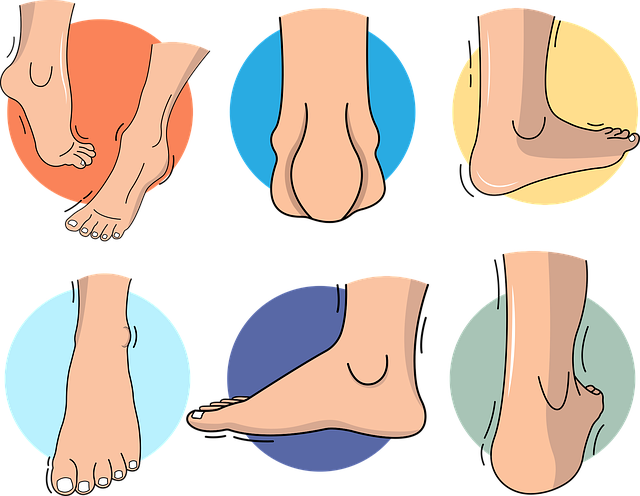Personal injury compensation is a crucial mechanism for achieving justice and fairness, covering medical bills, lost wages, and pain & suffering. Comparative negligence, a key concept, determines liability based on each party's contribution, even if the victim shares partial fault. This principle applies to complex cases like nursing home abuse or homeowner insurance claims. To secure just compensation, victims should seek immediate medical attention, document injuries, gather treatment expenses, and consult with a qualified attorney specializing in personal injury compensation and comparative negligence.
Personal injury compensation is a vital aspect of ensuring justice for those harmed through another’s negligence. This comprehensive guide delves into the intricate world of personal injury claims, providing a detailed understanding of what victims are entitled to and how they can secure just compensation. We explore the concept of comparative negligence, its impact on claims, and offer practical steps to navigate the process successfully. Understand your rights and learn how to navigate this complex landscape.
- Understanding Personal Injury Compensation: A Comprehensive Guide
- What is Comparative Negligence and How Does it Impact Claims?
- Navigating the Process: Steps to Secure Just Compensation
Understanding Personal Injury Compensation: A Comprehensive Guide

Personal injury compensation is a crucial aspect of ensuring justice and fairness for individuals who have suffered harm due to someone else’s negligence. This comprehensive guide aims to demystify the process, helping victims understand their rights and entitlements. When an individual sustains injuries caused by another party’s reckless or intentional actions, they may be entitled to financial redress, which can cover various expenses such as medical bills, lost wages, pain and suffering, and more.
Navigating personal injury compensation involves understanding the concept of comparative negligence. This legal principle allocates responsibility for damages based on the degree of each party’s contribution to the incident. For instance, if a victim was partially at fault due to their own negligence but still suffered significant injuries, they can still pursue compensation. However, their recovery may be reduced proportionally to reflect their level of liability. Cases like nursing home abuse or homeowner insurance claims often fall under this category, where victims seek justice while considering complex legal factors.
What is Comparative Negligence and How Does it Impact Claims?

Comparative negligence is a legal principle that plays a significant role in personal injury compensation cases. It states that when an individual suffers harm due to the actions of another party, their liability for damages is not absolute; instead, it’s determined by comparing the relative fault of each party involved. In other words, if both the plaintiff and defendant share some degree of responsibility for the incident, the compensation they receive or are required to pay will reflect this.
This concept impacts personal injury claims in various ways. For instance, in a slip and fall injury case where a homeowner’s negligence contributes to the accident, the court may reduce the victim’s compensation based on their own level of carelessness. This is particularly relevant in situations like caregiver abuse cases, where victims might have contributed to their harm due to lack of caution or awareness. As such, comparative negligence ensures that personal injury compensation aligns with the actual circumstances of the case, promoting fairness and avoiding excessive payouts or unfair shifts of financial burden.
Navigating the Process: Steps to Secure Just Compensation

Navigating a personal injury claim can be a complex process, but understanding the steps to secure just compensation is essential. The first step after an accident is to seek medical attention and document all injuries sustained. This includes not only physical injuries but also any psychological or emotional trauma caused by the incident. Gathering thorough documentation of expenses related to treatment, rehabilitation, and other necessary care is crucial for building a strong case.
Next, individuals should consult with a qualified car accident attorney who specializes in personal injury compensation. A skilled legal professional can guide them through the intricacies of comparative negligence, helping to determine liability and the extent of responsibility each party bears. This process involves reviewing evidence, interviewing witnesses, and gathering expert opinions to bolster the claim. By taking these measures, individuals can ensure they receive fair and adequate injury compensation for their suffering and losses.
Personal injury compensation is a vital aspect of ensuring justice for victims. By understanding comparative negligence and following a structured process, individuals can navigate their claims effectively. This comprehensive guide highlights the key steps towards securing just compensation, empowering folks to make informed decisions in the aftermath of an accident. Remember that each situation is unique, so seeking professional legal advice is crucial for optimal outcomes.






